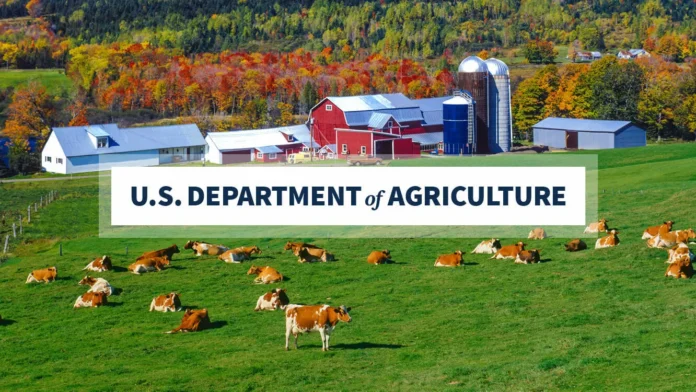The U.S. Department of Agriculture (USDA) has taken a major step towards reducing food waste and promoting sustainable practices with its recent announcement of investing approximately $11.5 million in 38 cooperative agreements. These agreements will support innovative and scalable waste management plans that aim to divert food waste from landfills. This move is part of USDA’s broader efforts to support urban agriculture and is funded by the American Rescue Plan Act.
Food waste has been a growing concern in the United States, with an estimated 30-40% of the food supply going to waste each year. This not only has a significant impact on the environment but also on the economy and food security. The USDA’s investment in these cooperative agreements is a crucial step towards addressing this issue and promoting a more sustainable food system.
The Composting and Food Waste Reduction cooperative agreements will provide much-needed support to organizations and communities working towards reducing food waste. These agreements will fund projects that focus on innovative solutions for managing food waste, such as composting and other waste diversion methods. By diverting food waste from landfills, these projects will not only reduce greenhouse gas emissions but also create valuable resources such as compost that can be used to enrich soil and promote healthy plant growth.
One of the key aspects of these cooperative agreements is their scalability. The USDA is looking to support projects that can be replicated and scaled up in other communities, thus creating a ripple effect of positive change. This will not only benefit the local communities but also contribute to a larger national effort towards reducing food waste.
The funding for these cooperative agreements comes from the American Rescue Plan Act, which was signed into law in March 2021. This act aims to provide economic relief and support to communities affected by the COVID-19 pandemic. By investing in waste management plans, the USDA is not only addressing the issue of food waste but also creating job opportunities and stimulating economic growth in the agriculture sector.
In addition to the environmental and economic benefits, these cooperative agreements also align with USDA’s broader efforts to support urban agriculture. Urban agriculture refers to the practice of growing and producing food in urban areas, which has gained popularity in recent years. By investing in waste management plans, the USDA is not only promoting sustainable practices but also supporting the growth of urban agriculture, which has the potential to provide fresh, locally-grown produce to communities.
The USDA’s investment in these cooperative agreements is a testament to the agency’s commitment to promoting sustainable practices and supporting the agriculture sector. This move also highlights the importance of collaboration and partnerships in addressing complex issues such as food waste. By working together with organizations and communities, the USDA is paving the way for a more sustainable and resilient food system.
This investment also serves as a call to action for other government agencies, businesses, and individuals to join in the efforts towards reducing food waste. Each and every one of us has a role to play in creating a more sustainable future, and by reducing food waste, we can make a significant impact.
In conclusion, the USDA’s investment in the Composting and Food Waste Reduction cooperative agreements is a significant step towards reducing food waste and promoting sustainable practices. This move not only addresses a pressing issue but also aligns with the agency’s broader efforts to support urban agriculture and stimulate economic growth. Let us all join hands and work towards creating a more sustainable and resilient food system for generations to come.

